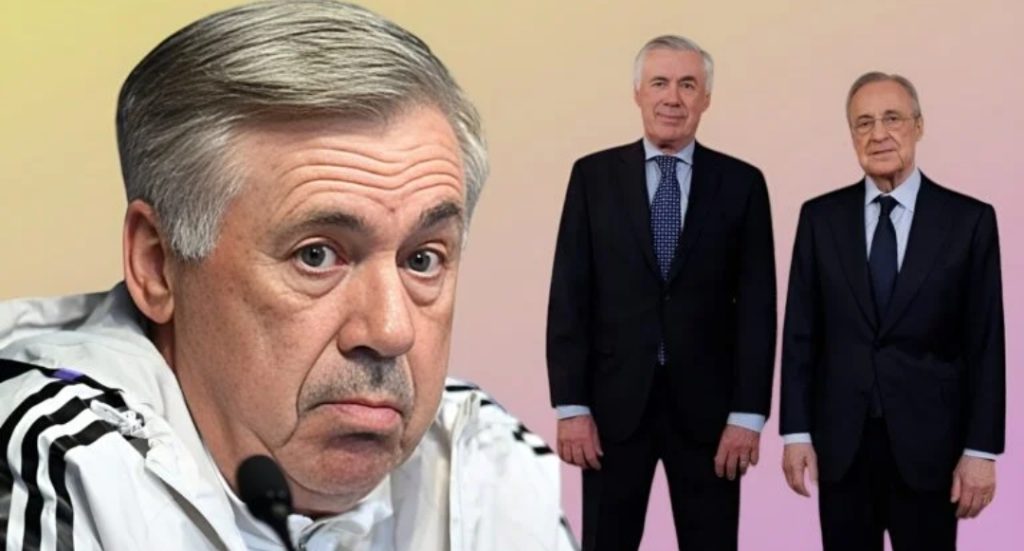Carlo Ancelotti, a managerial legend in the world of football, has offered insightful perspectives on various aspects of the game, from the importance of homegrown talent to the evolving nature of the sport and the demanding modern schedule. His words provide a fascinating glimpse into his philosophy and his vision for the future of football.
Ancelotti emphasizes the crucial role of Spanish players within the Real Madrid squad. While acknowledging the presence of numerous international stars, he stresses that the Spanish contingent plays a vital part in shaping the team’s atmosphere and culture.
He highlights their contribution to the team’s success last season, attributing it in part to the professionalism and dedication of the Spanish group. This underscores Ancelotti’s belief in the importance of a strong core of homegrown players in fostering a positive and productive dressing room environment.
Ancelotti’s comments also touch upon the broader topic of football’s constant evolution. He acknowledges that the game is continually changing and adapting, and he believes that these changes are generally positive. This forward-thinking perspective demonstrates his willingness to embrace new trends and adapt his tactics accordingly.
He recognizes that football is not static but a dynamic and ever-changing entity. This adaptability has been a hallmark of Ancelotti’s long and successful career, allowing him to remain at the forefront of the game.
Ancelotti also offered encouraging words about young talent Nico Paz. He expressed confidence in Paz’s potential, stating that the club believes he has a future at Real Madrid. This demonstrates Ancelotti’s commitment to nurturing young players and providing them with opportunities to develop.
His belief in Paz suggests that Real Madrid is invested in building for the future, not just focusing on immediate success. This approach is crucial for the long-term health and stability of any club.
Ancelotti also addressed his own future at Real Madrid. He acknowledged his current two-year contract but also admitted that it could be either terminated or extended. This open and honest approach reflects his pragmatic view of the managerial world.
He understands the volatile nature of football management and is prepared for any eventuality. His focus remains on the present and on achieving success with Real Madrid.
Perhaps one of Ancelotti’s most pressing concerns is the increasingly demanding schedule faced by modern footballers. He describes the current schedule as “exaggerated” and warns of the risks it poses to player health.
He argues that the current workload is unsustainable and that changes “MUST” be implemented next year. He emphasizes the importance of protecting the players, who he refers to as “the product” of the game.
Ancelotti’s concerns about player welfare are shared by many within the football community. The increasing number of matches and the lack of adequate rest periods are raising serious concerns about the long-term health of players.
His call for change highlights the need for a more balanced and sustainable approach to scheduling. Prioritizing player welfare is crucial for the future of the game.
Ancelotti’s insights provide a valuable perspective on the various challenges and opportunities facing modern football. His emphasis on the importance of Spanish players, the evolving nature of the game, the development of young talent, his own future, and most crucially, player welfare, demonstrates his deep understanding of the sport.
His words resonate with fans, players, and administrators alike, prompting important conversations about the future of football. His experience and wisdom continue to shape the landscape of the beautiful game.
Ancelotti’s comments serve as a reminder that success in football is not just about tactical prowess and individual brilliance. It also requires a strong team culture, a willingness to adapt, a commitment to developing young players, and a deep concern for player welfare. His insights are a valuable contribution to the ongoing dialogue about the future of football.

